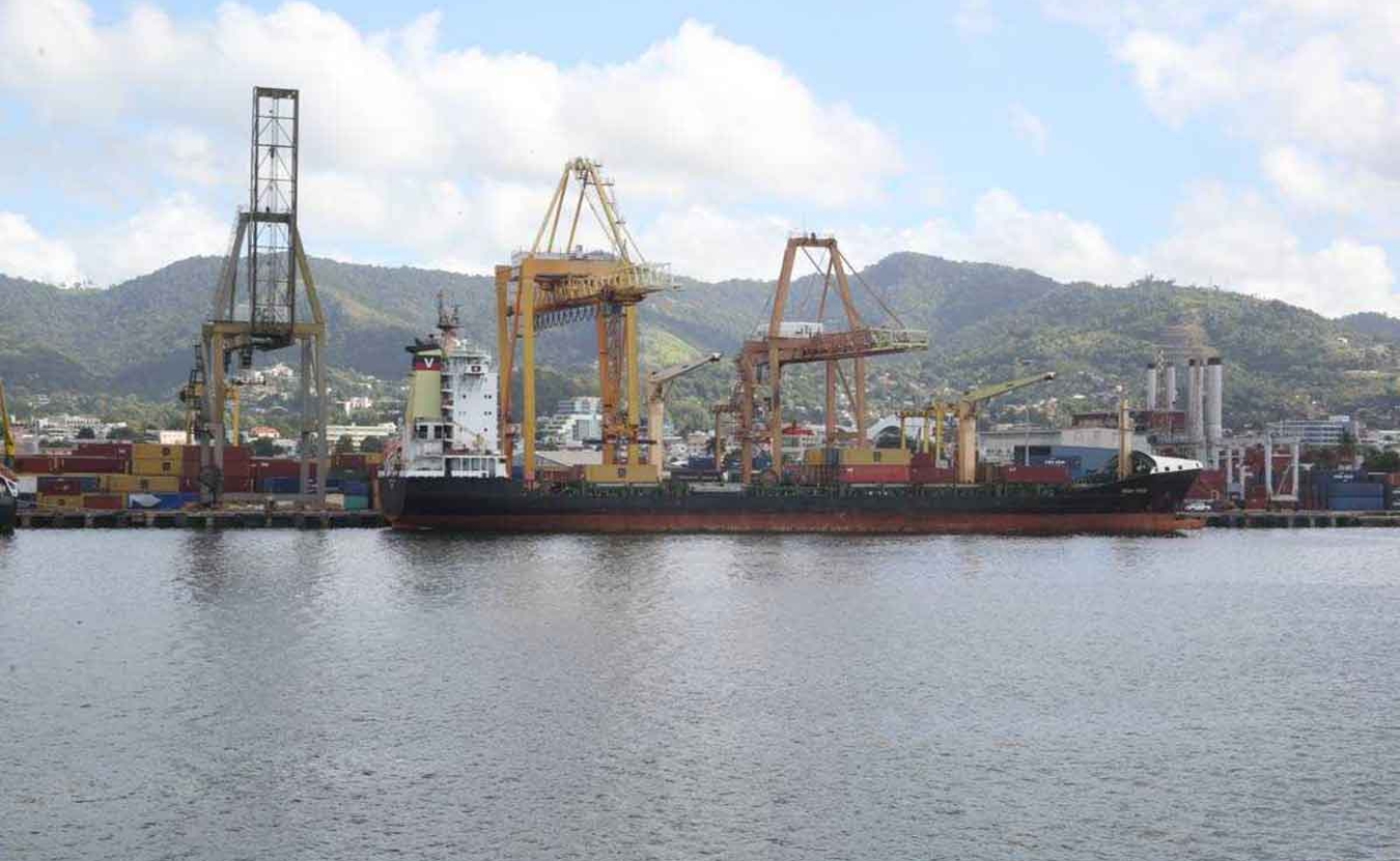CARICOM | US Tariff Hike Threatens to Gut Trinidad and Tobago's Export Economy

New 15% rate could strip $291.9 million annually from national revenues as Washington abandons decades of Caribbean partnership
PORT OF SPAIN, Trinidad and Tobago, August 24, 2025 - Trinidad and Tobago faces an economic body blow that could strip nearly $300 million in annual export revenues from its already strained economy, as the United States government's decision to raise tariff rates from 10% to 15% threatens to gut key industrial sectors and devastate small producers across the twin-island nation.
The stark figure—$291.9 million in potential annual losses—represents far more than an accounting entry. It signals the systematic dismantling of an economic relationship that has anchored Caribbean-American trade for decades, with Trinidad and Tobago bearing the heaviest burden among CARICOM nations.
Crisis Compounding Crisis
The timing couldn't be worse. Trinidad and Tobago's business sector is already grappling with severe foreign exchange shortages that are constraining economic activity across multiple sectors.
Local businesses struggle to access US dollars for essential imports, raw materials, and equipment, creating bottlenecks that ripple through the entire economy.
Now, just as the country desperately needs every available source of foreign exchange earnings, US tariff policy threatens to slash export revenues that represent crucial dollar inflows.
The potential $291.9 million loss would significantly worsen an already acute forex crisis, creating a vicious cycle where reduced export competitiveness leads to fewer dollar earnings, further constraining business operations and economic growth.
Industrial Sectors Under Siege
The damage cuts deepest into Trinidad and Tobago's industrial backbone. Base metals and chemicals—sectors that employ thousands and feed directly into American supply chains—face combined losses of $274.1 million annually.
Base metals alone stand to lose $199.3 million, while chemicals face $74.8 million in potential revenue destruction.
These aren't abstract numbers. They represent the systematic erosion of Trinidad and Tobago's manufacturing capacity and its role as a supplier of competitively priced raw materials to American industries.
The cruel irony: US manufacturers who depend on these very exports will face higher input costs, undermining their own competitiveness while devastating Caribbean suppliers.
"This adjustment not only increases the scale of potential losses, but it does so in sectors that are vital to our industrial capacity and to US manufacturers who rely on our exports for inputs," Dr. Patrick Antoine, CEO of the CARICOM Private Sector Organization (CPSO), told reporters.
His assessment underscores a fundamental policy failure—tariffs that hurt both sides of the trade relationship.
Small Producers Pay the Heaviest Price
While industrial losses dominate headlines, the agriculture and food products sector faces $9 million in additional revenue losses that will devastate rural communities and micro-enterprises.
Fish products, prepared condiments, sauces, and seasonings—exports that connect Caribbean diaspora communities to home while serving growing specialty food markets—now face prohibitive cost barriers.
For small exporters already struggling with the initial 10% tariff imposed in April, the additional 5% represents a potentially fatal blow to export competitiveness. These producers, who sustain rural livelihoods and preserve cultural connections through food exports, lack the economies of scale to absorb such cost increases.
The compounding effect is particularly damaging. What began as a 10% barrier in April has now escalated to 15%, creating a pattern of increasing economic isolation that threatens the foreign exchange earning potential crucial to Trinidad and Tobago's economic stability.
Historic Partnership Under Assault
The tariff increases represent more than trade policy adjustments—they signal the systematic destruction of the Caribbean Basin Initiative framework that has governed US-Caribbean economic relations for four decades.
The CPSO's recent submission to the US review of the Caribbean Basin Initiative warned precisely of this erosion, highlighting how new tariffs undermine preferential access arrangements that have underpinned regional economic development.
Antoine's assessment is unequivocal: "In our recent submission to the US review of the Caribbean Basin Initiative, we highlighted that these new tariffs erode the preferential access that has underpinned our economic partnership with the US for decades. That erosion is now accelerating."
This acceleration comes at a moment when Caribbean economies, still recovering from pandemic impacts and facing internal forex constraints, can least afford additional external shocks.
The "America First" policy framework appears to consider Caribbean economic stability as acceptable collateral damage in broader trade strategy realignments.
CARICOM's Moment of Truth
Trinidad and Tobago's disproportionate exposure—already the most vulnerable CARICOM economy under reciprocal tariff regimes—widening the gap with other regional economies, demands urgent collective action.
The CPSO points to recent successful regional coordination that secured exemptions for China-built ships and shortsea shipping as proof that unified Caribbean action can protect strategic interests.
"The joint regional and private sector position that secured exemptions for China-built ships and shortsea shipping for the Caribbean is proof that when we act collectively, we can protect our strategic interests," Antoine emphasized.
The Reckoning
As Washington continues restructuring global trade relationships, Caribbean nations face a stark choice: accept gradual economic marginalization or forge coordinated responses that protect decades of built commercial relationships.
For Trinidad and Tobago, with $291.9 million annually at stake and forex reserves already under pressure, that choice has never been more urgent.
The question now is whether CARICOM can translate proven collaborative successes into comprehensive trade strategy before further tariff escalations inflict irreversible damage on regional economic foundations already strained by domestic currency constraints.
-30-
